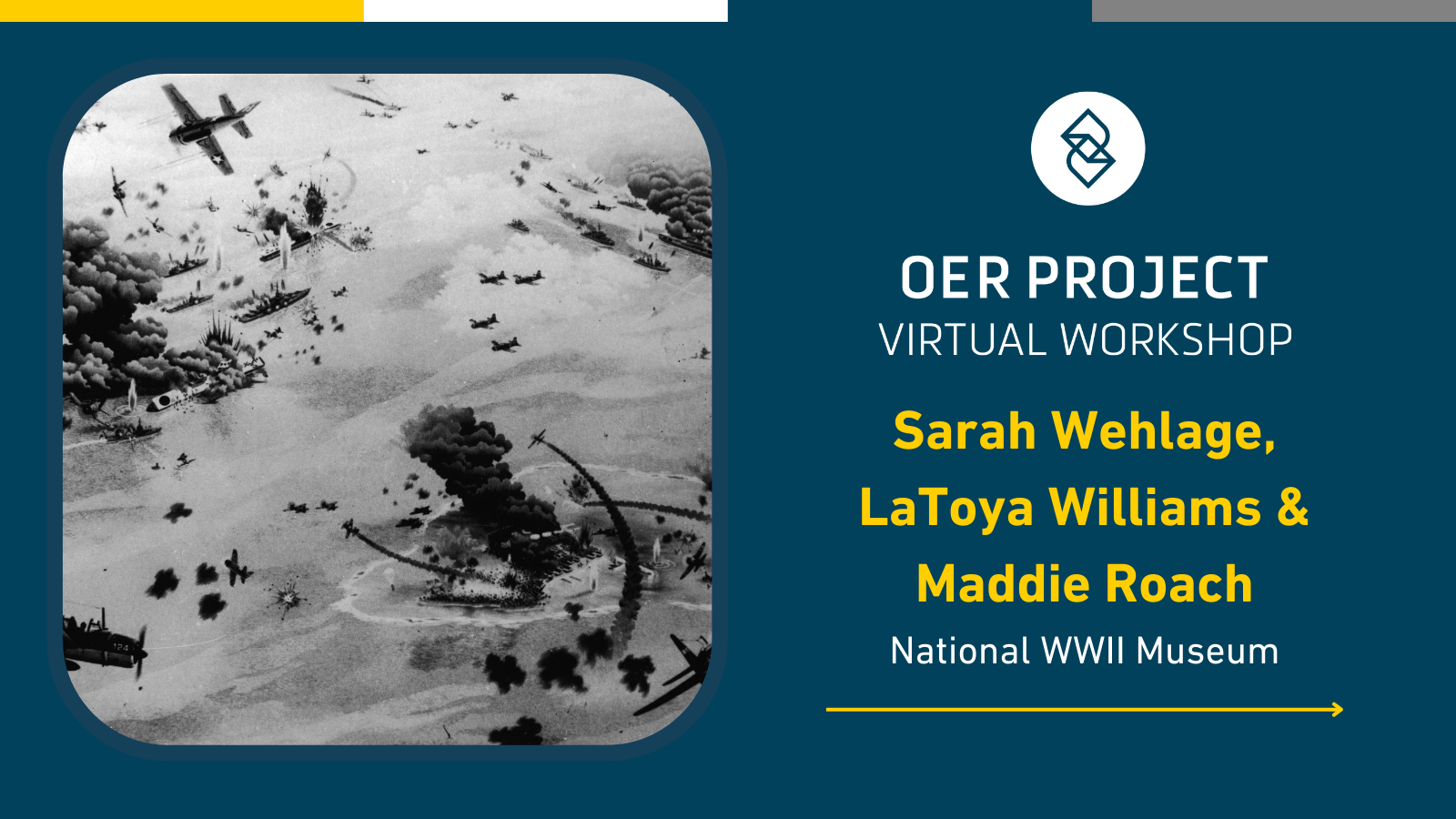Nationalism
What is nationalism? And how did this powerful ideology help ignite some of the deadliest conflicts in human history? Our classroom-ready lessons, primary sources, and teaching materials unpack nationalism’s origins and trace its far-reaching impacts on the global stage. Students will think critically about how ideas of identity and belonging shaped nations—and continue to influence the world today.
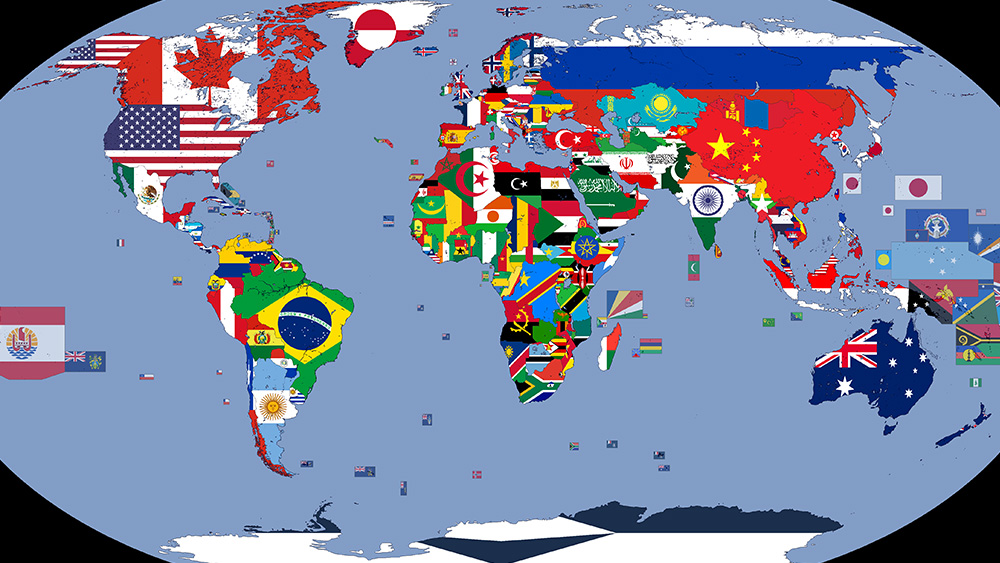
 How to Teach Nationalism
How to Teach Nationalism

Blog: Māori fly flags for their nation
See how Māori flag disputes reveal competing visions of nationhood in the 19th century.

World History Lesson Guide: Origins of Nationalism
Explore how the concept of nationalism created today’s nation-states. See questions and teaching moves to spark student thinking about origins of national identity.

Blog: Global Conflict & CCOT in the Classroom
Trace the impact of nationalism on global conflict with the historical thinking skill of Continuity and Change Over Time.

Teaching Historical Empathy
Teachers chime in on a rich discussion with ideas to help students contextualize the past.
Teach Tomorrow: Lesson Plans on Nationalism
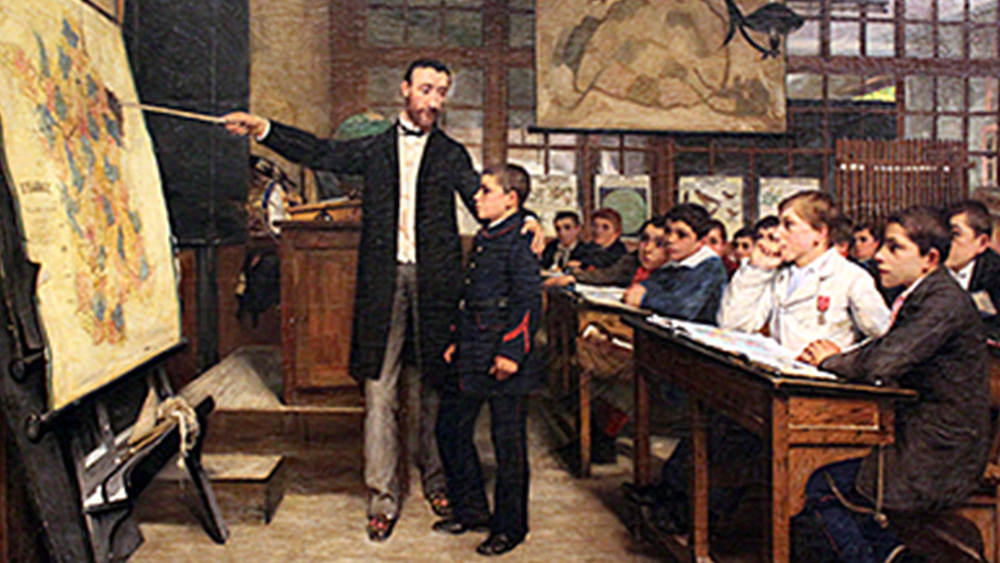
Lesson 4.4
Origins of Nationalism
The ideas of nations and nationalism have only been around for about 200 years. Still, they have had dramatic impacts on how we view the world and each other.
View Lesson
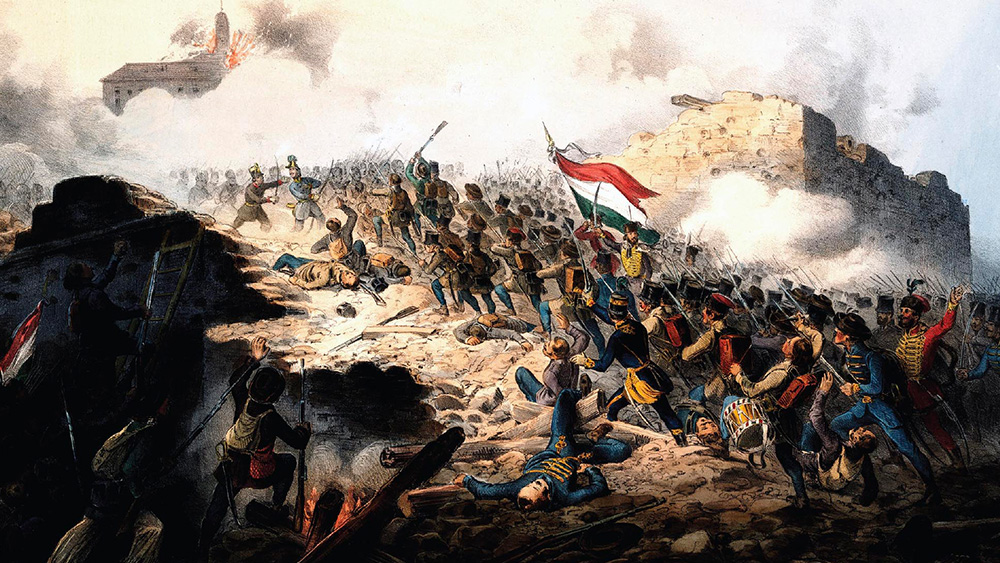
Lesson 4.5
Nationalism Spreads
Nationalism spread quickly during the long nineteenth century. Across the globe, nationalists took to the streets, uniting people in new nations and rejecting the authority of old empires.
View Lesson
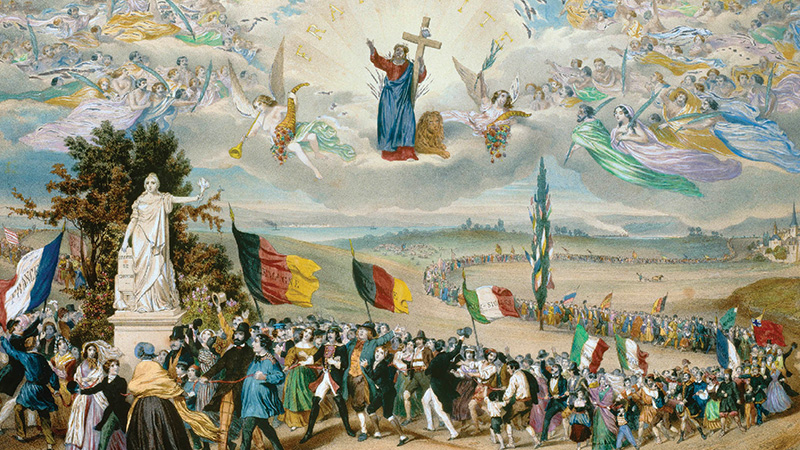
Lesson 7.4.3
Springtime of Nations
The revolutions of 1848 were a flame that spread across Europe—and beyond. This article and activity explore the dozens of countries where revolts erupted and the reasons why they failed.
View Lesson
Nationalism Resources for Deeper Learning
The World Revolution of 1848
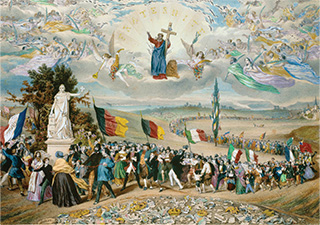
Article
The World Revolution of 1848
In 1848, the flames of revolution swept the world during the “springtime of nations.” The revolutionaries briefly cooperated, but divisions undermined their unity.
Nationalism
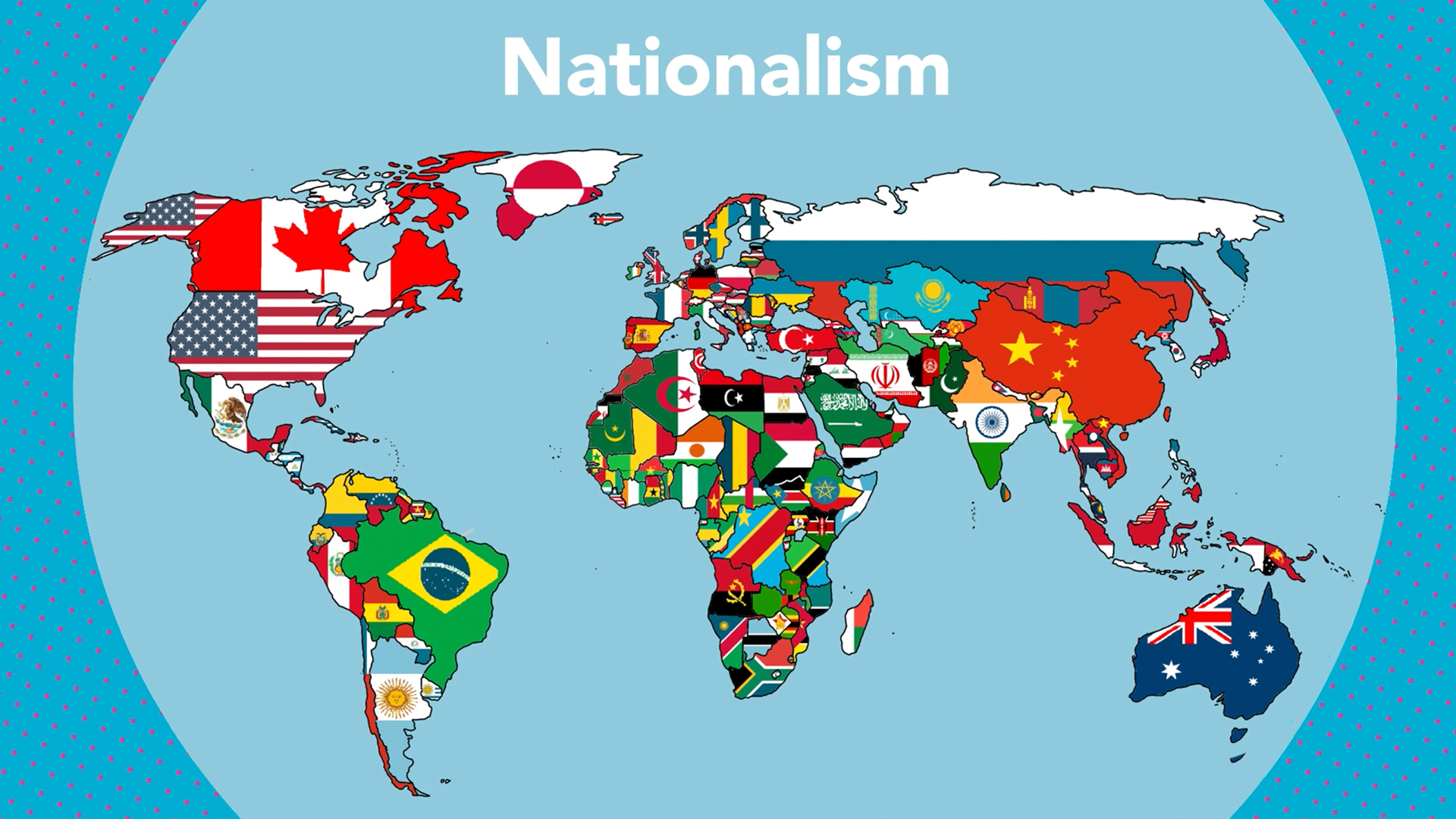
Video
Nationalism
Nationalists make historical claims that help them achieve their political goals. It’s time to test those claims. Is nationalism good or bad?
Rifa’a al-Tahtawi
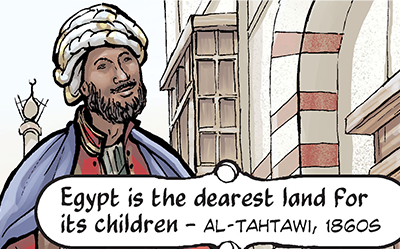

Graphic Biographies
Rifa’a al-Tahtawi
Rifa’a al-Tahtawi was an Egyptian scholar and imam who traveled to France in the nineteenth century. Upon his return, he wrote about Egyptian Nationalism, Islam, and science.
Nationalism or Not?
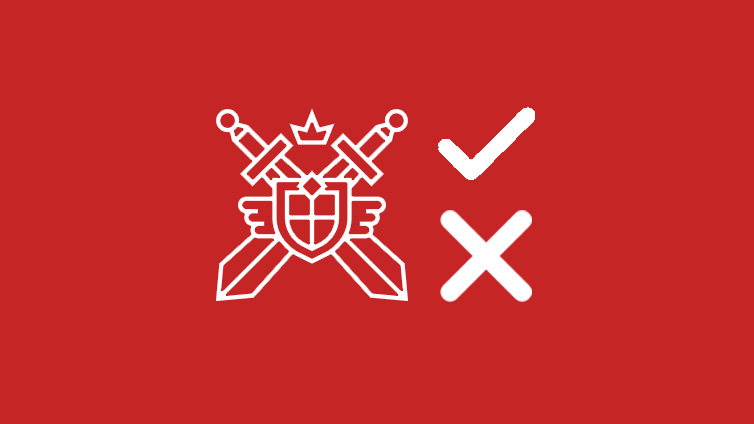
Activity
Nationalism or Not?
Examine a series of quotes and determine whether you think they match the definitions of nationalism that you’ve encountered.
Italian Nationalism
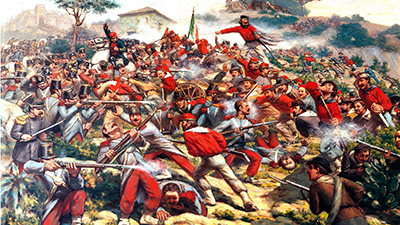
Article
Italian Nationalism
Histories of nations and nationalism are personally relatable… if you’re a famous man. Let’s take the point of view of one of the countless women history has forgotten.
Nationalism Match-Up
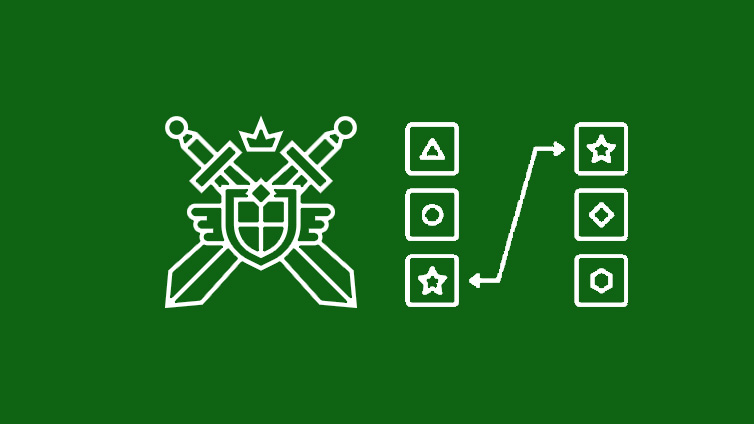
Activity
Nationalism Match-Up
Match up key events in the history of nationalism with their effects as you consider the similarities and differences of different nationalist movements.
